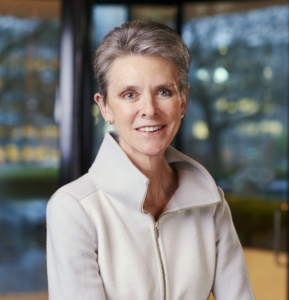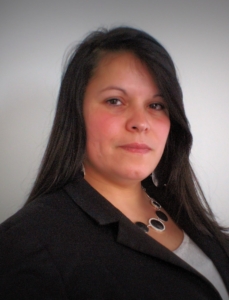Guest contributed by Anna Whitehouse
Finding it hard to focus?
Don’t despair, as it’s perfectly possible to make telecommuting or working from working a success if you follow these five handy tips.
1. Create a dedicated space
Separating work from family life is the key to effective home working. A desk in a spare room or study is ideal, as you’ll find it easier to switch off if you can close the door at the end of the day. Alternatively, if space is tight, try setting aside a corner of your bedroom or living room.
Having a dedicated work space also tells family members and friends that you are actually working and that they need to leave you in peace. Avoid working on the sofa or at the kitchen table at all costs, as you’ll be constantly interrupted.
2. Structure your day
It’s very easy to become distracted when you’re working from home, but sticking to a familiar structure will help you to focus. We suggest adhering to set hours, so that your clients know when to contact you and your family and friends know when you’re free to socialize.
Worried about a tight deadline? While it’s tempting to just keep on working until you’ve finished the task, doing this regularly will have an impact on your physical and mental health. Instead of risking burnout, we recommend punctuating your day with regular breaks, as these will keep you motivated and help you to produce better quality work.
If you find that you’ve finished a project and you’re waiting for feedback, resist the urge to turn on the TV and use the time to catch up with admin, update your portfolio or approach potential customers.
3. Banish distractions
Checking social media and emails every five minutes isn’t helpful when you’re working at home, so why not restrict yourself to checking them during your breaks? Seeing this as a reward can be motivating.
Turning off the radio and television could also help you to focus on your work, as a recent study found that clerical workers in a noisy room were less motivated to complete tasks and had elevated stress levels compared to those in a quiet room.
If you find that you’re too distracted by jobs that need doing at home, try spending the occasional morning working in a local coffee shop, library or co-working space. We guarantee that you’ll return to your desk feeling motivated and refreshed.
4. Eat well
While home working means that you don’t have to resist the constant round of staff room treats, you’ll still have easy access to another source of temptation; your fridge. To stay energized, stock up on healthy snacks like dried fruit, nuts, oat cakes and dark chocolate.
Whether you prefer sushi, salad or a sandwich, always make yourself a proper lunch, as this will help you to be more productive. Try to include some protein packed lean meat, eggs, beans or nuts and a serving of salad or veg. Oily fish is also a great choice, as supplementing your diet with omega-3 fish oil could boost your concentration. If you need some lunchtime inspiration, check out the delicious recipes available at The Freelancer’s Cookbook.
If you’re keen to stave off hunger and prevent an afternoon slump, make sure that you stay hydrated. This means limiting the amount of tea and coffee you drink and opting for plain water, water with a slice of lemon in it or water sweetened with a little sugar free squash.
5. Get out and about
Working from home can get lonely even if you’re an introvert, so it’s worth getting out of the house for a change of scenery now and again. Joining a monthly networking group, having lunch with a friend or meeting a client for coffee could all help to combat any feelings of isolation.
Getting out is also good for your physical health, as sitting for long periods of time slows down your body’s ability to regulate blood sugar and blood pressure. However, recent research states that it’s possible to reduce the effect of sitting still if you exercise. So how about going for a brisk lunchtime walk or trying out an online yoga session?
Take our tips on board and we guarantee that working from home will become an enjoyable and productive experience. You’ll achieve more, feel healthier and be able to relax properly at the end of the working day.
What are your top tips for home working? We’d love to know!
Anna Whitehouse writes for Inspiring Interns, which specialises in finding candidates their perfect internship. To browse our graduate jobs, visit our website.






